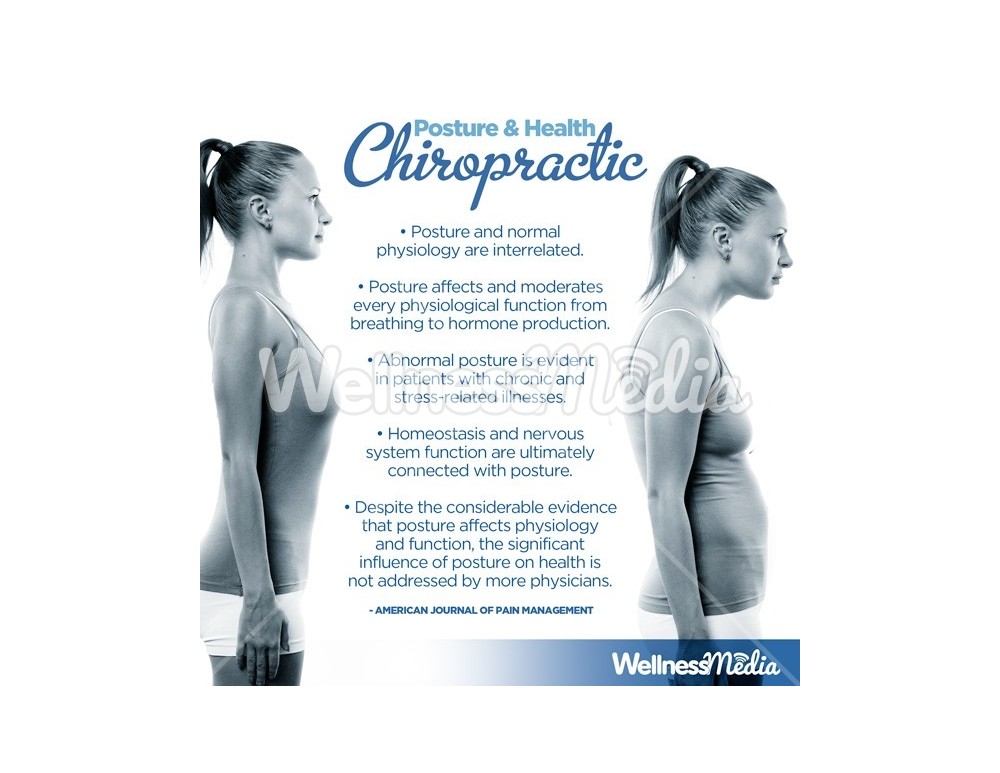The Impact Of Diet Plan On Back Pain Monitoring: Foods To Incorporate And Foods To Exclude
The Impact Of Diet Plan On Back Pain Monitoring: Foods To Incorporate And Foods To Exclude
Blog Article
Published By-Duus Wiese
When it concerns managing your back pain, the food selections you make can dramatically affect how you feel daily. Imagine being able to reduce your discomfort simply by adjusting what you consume. By understanding the role of nutrition in back pain monitoring and recognizing which foods to integrate or stay away from, you can take proactive actions in the direction of a much healthier and a lot more comfy way of life. The connection between nourishment and back wellness is a lot more profound than you might understand-- allow's check out exactly how specific foods can either relieve or aggravate your pain in the back.
Significance of Nourishment in Pain In The Back
Nutrition plays a crucial duty in taking care of back pain. Your diet can significantly impact inflammation levels and general discomfort degrees in your back. Taking in a well balanced diet rich in nutrients like vitamins D and K, calcium, magnesium, and omega-3 fats can help in reducing swelling and reinforce bones, which are necessary for back wellness.
In addition, maintaining a healthy and balanced weight with appropriate nutrition can alleviate tension on your back, lowering the threat of back pain.
Additionally, certain nutrients like anti-oxidants discovered in fruits and vegetables can help deal with oxidative stress and anxiety and advertise healing in the body, including the back muscle mass and spine.
On the other hand, consuming extreme quantities of processed foods, sugary drinks, and harmful fats can add to inflammation and weight gain, aggravating pain in the back.
Foods to Consume for Back Wellness
To sustain a healthy back, including nutrient-rich foods into your daily meals is crucial. Including foods high in anti-oxidants like berries, spinach, and kale can help in reducing inflammation in your back, relieving discomfort and discomfort. Omega-3 fats found in fatty fish such as salmon and mackerel have anti-inflammatory residential or commercial properties that can profit your back health.
Furthermore, consuming nuts and seeds like almonds, walnuts, and chia seeds supplies important nutrients like magnesium and vitamin E, which sustain muscle mass function and decrease oxidative anxiety. Integrating lean healthy proteins such as poultry, turkey, and tofu can aid in muscle repair and upkeep, promoting a solid back.
Don't forget to include milk or strengthened plant-based alternatives for calcium to support bone health. Lastly, moisten with lots of water to keep your back discs moisturized and operating optimally. By consisting of does medicare cover chiropractic care -dense foods in your diet, you can nurture your back and support total spine health.
Foods to Prevent for Neck And Back Pain
Select avoiding processed foods high in added sugars and trans fats when seeking relief from neck and back pain. https://chiropractor-near-me-with84050.blog2freedom.com/30679213/the-relevance-of-pose-in-neck-pain-monitoring-approaches-for-maintaining-appropriate-alignment-throughout-daily-activities of foods can add to inflammation in the body, which might worsen pain in the back. Say no to sugary snacks sweet, breads, and sweet beverages, in addition to junk food items like hamburgers, french fries, and fried poultry that are typically loaded with trans fats.
Furthermore, steer clear of foods including high degrees of refined carbs, such as white bread, pasta, and breads, as they can increase blood sugar level degrees and possibly get worse swelling in the body.
It's also important to restrict your consumption of foods high in hydrogenated fats, like red meat and full-fat milk items, as they can contribute to inflammation. Refined foods like deli meats, chips, and packaged snacks are frequently high in hydrogenated fats and should be consumed in moderation.
Final thought
To conclude, paying attention to your diet regimen and making smart food selections can have a considerable effect on handling back pain. By integrating nutrient-rich foods like berries, fatty fish, nuts, and lean proteins, and avoiding processed and sugary items, you can help in reducing inflammation and support on the whole back health and wellness. Keep in mind, what you consume plays a crucial function in how you really feel, so ensure to prioritize your nourishment for a healthier back.
